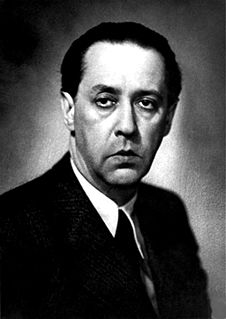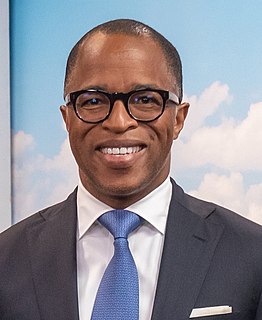A Quote by Neil deGrasse Tyson
The moment when someone attaches you to a philosophy or a movement, then they assign all the baggage and all the rest of the philosophy that goes with it to you. And when you want to have a conversation, they will assert that they already know everything important there is to know about you because of that association. And that's not the way to have a conversation.
Related Quotes
I was in a conversation and someone said: "You know, we were talking about the whole issue of transgender and how it has become so accepted now, and somebody said, 'You know the Oprah show, I think has had a big impact.'" I said, I don't think so. We did several transgender [shows], but we didn't do as much for transgender as I did for, say, abused kids or battered women. And they said, "But no, you started the conversation. You started the conversation and the conversation has led us to here."
That's a really sad moment. When people in a democracy are afraid of having the conversation, because it might actually lead to a conclusion they don't like, as opposed to saying, let's have the conversation, and let's learn, and, you know, let's, let me try to persuade you, and if I'm not persuading you, then you try to persuade me. That's what we hope for.
I studied philosophy in school, became disgruntled by the fact that it was a way to have a very interesting conversation with very few people about very few things in very narrow terms and yet still believed (and still believe today) that there was something that I was getting myself involved in when I said I wanted to study philosophy.
While I do not agree with all of the claims made by experimental philosophers, especially those who seem to think xphi will somehow replace the rest of philosophy, I think xphi projects are interesting and important, I love Josh Knobe's work, and that these projects contribute something new and worthwhile to the philosophical conversation.
When people ask me what philosophy is, I say philosophy is what you do when
you don't know what the right questions are yet. Once you get the questions
right, then you go answer them, and that's typically not philosophy, that's
one science or another. Anywhere in life where you find that people aren't
quite sure what the right questions to ask are, what they're doing, then,
is philosophy.
Philosophy is not a body of knowledge to impart to someone, that's why reading philosophy books isn't always the best way of learning philosophy. Philosophy is really more the process of rational engagement, rational reflection with a diversity of views and ideas and opinions and trying to sort of reason your way through to a more reflective position. I think if you look at it that way, philosophizing is to some extent some small way a part of almost everyone's lives although they don't recognize it as such and a lot of people are embarrassed about it.


































